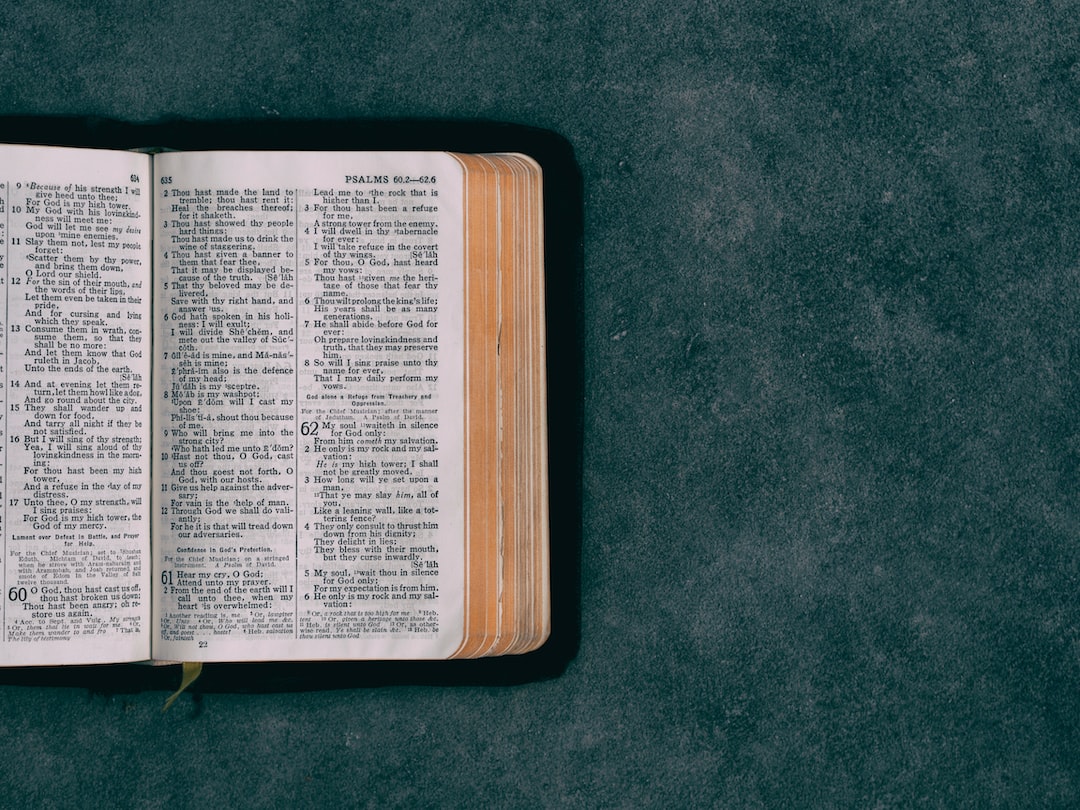Title: Examining the Impact of Religion on Global Politics
Introduction:
Religion has long played a significant role in shaping global politics. From historical conflicts rooted in religious differences to contemporary political ideologies influenced by religious belief systems, the intricate relationship between religion and global politics cannot be underestimated. In this blog post, we will delve into the multifaceted impact of religion on global politics, exploring historical contexts, conflicts, and the role of religious movements in shaping policies and international relations.
Historical Context:
Throughout history, religion has often acted as a catalyst for conflicts and ideological battles. The Crusades, for instance, were an epoch-defining series of religiously motivated military campaigns that spanned centuries, driven by the fervor and zeal of various religious groups. Likewise, the Reformation era in Europe not only reshaped religious practices but fundamentally altered the political landscape, leading to wars and the eventual formation of nation-states.
Present-Day Conflicts:
Religious differences continue to fuel conflicts in the contemporary world. The Middle East, for instance, is gripped by sectarian tensions, primarily between Sunni and Shia Muslims, while other conflicts, such as the Israeli-Palestinian conflict, have deep religious roots. The rise of extremist groups like ISIS and Al-Qaeda also demonstrates how religious ideologies can contribute to the political mobilization of individuals and the violent pursuit of their goals.
Religious Nationalism and Identity Politics:
The phenomenon of religious nationalism further exemplifies the impact of religion on global politics. India and Pakistan, for example, witnessed the partition in 1947, mainly driven by religious differences between Hindus and Muslims. In recent years, religious nationalism has resurfaced in various parts of the world, where politicians exploit religious beliefs to consolidate power, polarize societies, and marginalize minority groups. The rise of Hindu nationalism in India and Islamophobia in several Western countries are distressing outcomes of this phenomenon.
Religion as a Tool for Political Legitimacy:
Religious movements and institutions often play a vital role in the quest for political power and legitimacy. In many countries, religious leaders hold significant sway over their followers, often influencing their political affiliations and voting patterns. Politicians, aware of this influence, frequently seek endorsement or support from religious figures to gain credibility and secure electoral success. This blurring of lines between religious authority and political leadership can have profound effects on governance, public policies, and international relations.
Religion and Diplomacy:
Religion also plays a role in diplomacy and international relations. Governments recognize the value of engaging with religious actors to shape public opinion at home and abroad. The Vatican’s role as a global religious leader and mediator in conflicts is widely acknowledged. Religious leaders are often invited to participate in interfaith dialogues, peace negotiations, and reconciliation processes, where their moral authority and ability to bridge divides can foster understanding and communication between conflicting parties.
Human Rights and Religious Freedom:
Religion’s impact on global politics extends to issues of human rights and religious freedom. Some nations impose strict religious regulations that stifle individual liberties, often targeting minority religious groups. Conversely, religious organizations and activists are at the forefront of advocating for human rights, combating oppression, and promoting religious freedom on a global scale. Their efforts play a crucial role in shaping international discourse and pressuring governments to uphold individual freedoms.
Conclusion:
The impact of religion on global politics is a complex web of historical, social, and cultural factors. While religious differences have sparked conflicts throughout history, it is essential to recognize that religion can also act as a force for peace, dialogue, and justice. Understanding and analyzing this intricate relationship becomes crucial as we navigate an increasingly interconnected and diverse world. By examining the role of religion in global politics, we can foster greater awareness and work towards a more tolerant and inclusive international order.

